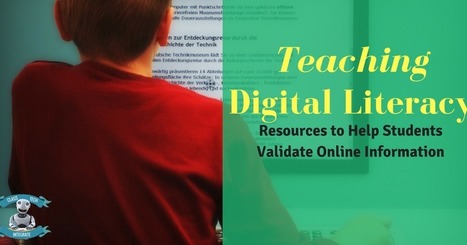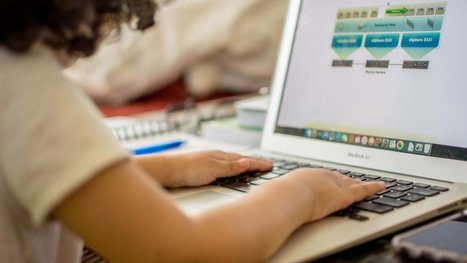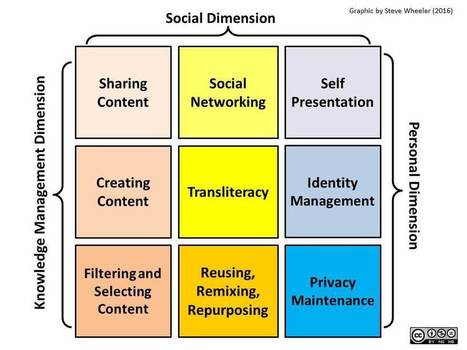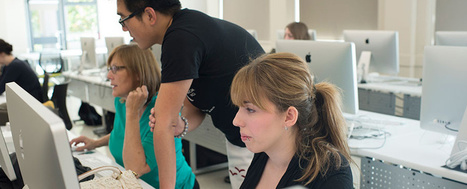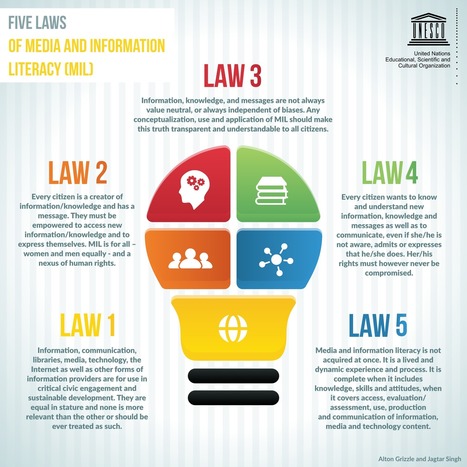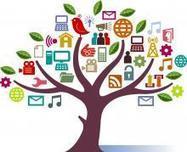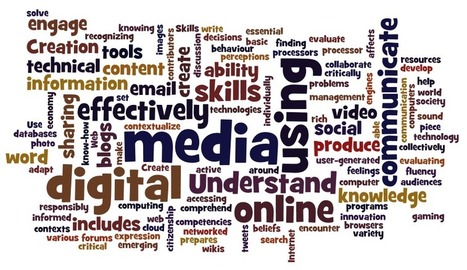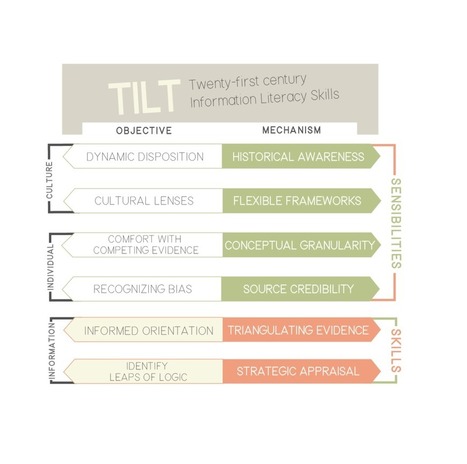“Information literacy empowers people in all walks of life to seek, evaluate, use and create information effectively to achieve their personal, social, occupational and educational goals. It is a basic human right in a digital world and promotes social inclusion in all nations.” UNESCO (2005) Alexandria Proclamation
This new 4th edition of Cardiff University’s Handbook for Information Literacy Teaching (HILT) embraces the concept that information literacy (IL) forms a component of a wider portfolio of learning literacies which should ideally be regarded holistically when designing curricula for our students.
Information literacy frameworks (such as A New Curriculum for Information Literacy and the new Association of College and Research Libraries Framework for Information Literacy for Higher Education, as well as the Digidol Framework for Learning Literacies) are advocating more flexible, meta-literate approaches which promote collaboration with academics to combine expertise in delivering teaching that encompasses various learning literacies to deliver the greatest benefit to students.“Information literacy empowers people in all walks of life to seek, evaluate, use and create information effectively to achieve their personal, social, occupational and educational goals. It is a b…
Via
Elizabeth E Charles



 Your new post is loading...
Your new post is loading...




